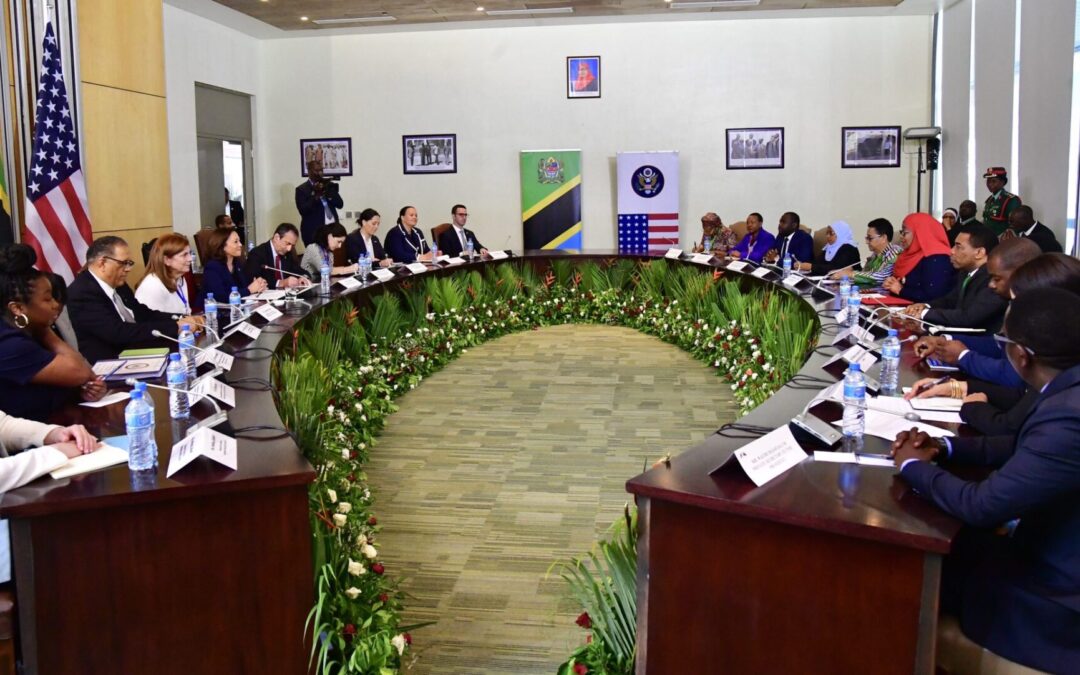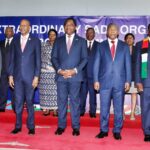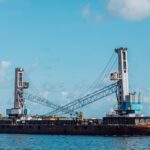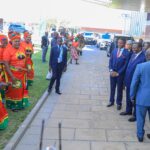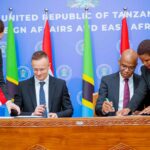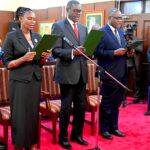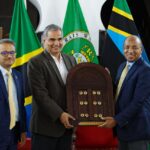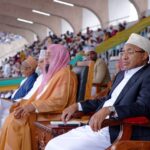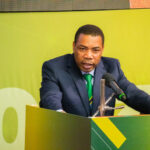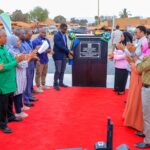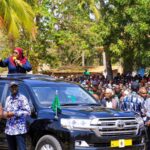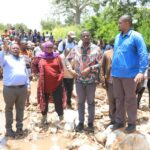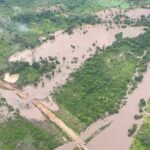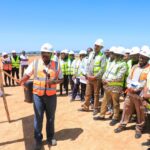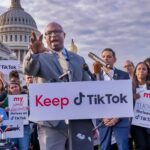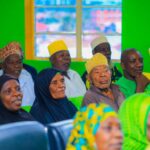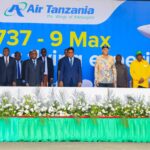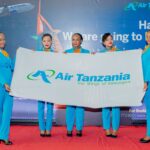US Vice President Kamala Harris has said Washington will strengthen ties with the government of Tanzanian President Hassan Suluhu to develop electric car batteries.
Harris, on a visit to Tanzania, said that in partnership with the private sector, “work is underway to build the continent’s first processing facility for minerals used in electric vehicle batteries”.
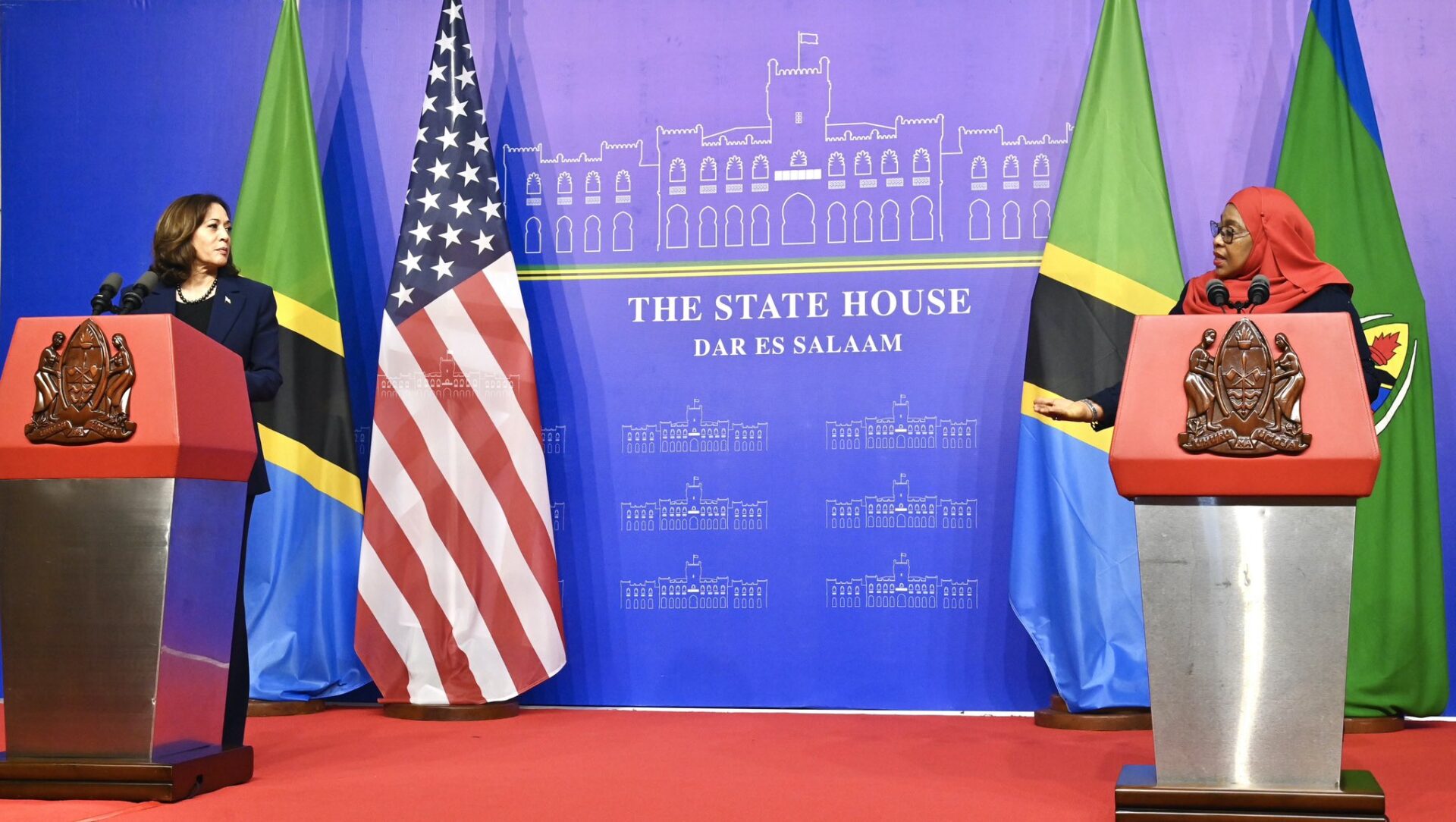
Kabanga Nickel Ltd, a US company in which the Tanzanian government has a 16% stake, is investing in a massive mining project in north-eastern Tanzania that it says could help meet the insatiable demand for nickel from electric vehicle manufacturers.
The joint venture, previously owned by Barrick Gold Corp and Gelncore, lost the licence for the undeveloped project in 2018 when Tanzania introduced a new mining regime.
The company believes the Kabanga project contains one of the world’s largest and highest-grade nickel sulphide deposits, as well as billions of dollars worth of cobalt and copper.
Nickel, traditionally used to make stainless steel, is also a key component in lithium-ion batteries, allowing car manufacturers to reduce the use of cobalt, which is more expensive and has a less transparent supply chain. Tesla Inc. Chief Executive Officer Elon Musk has called on companies to “please mine more nickel”.
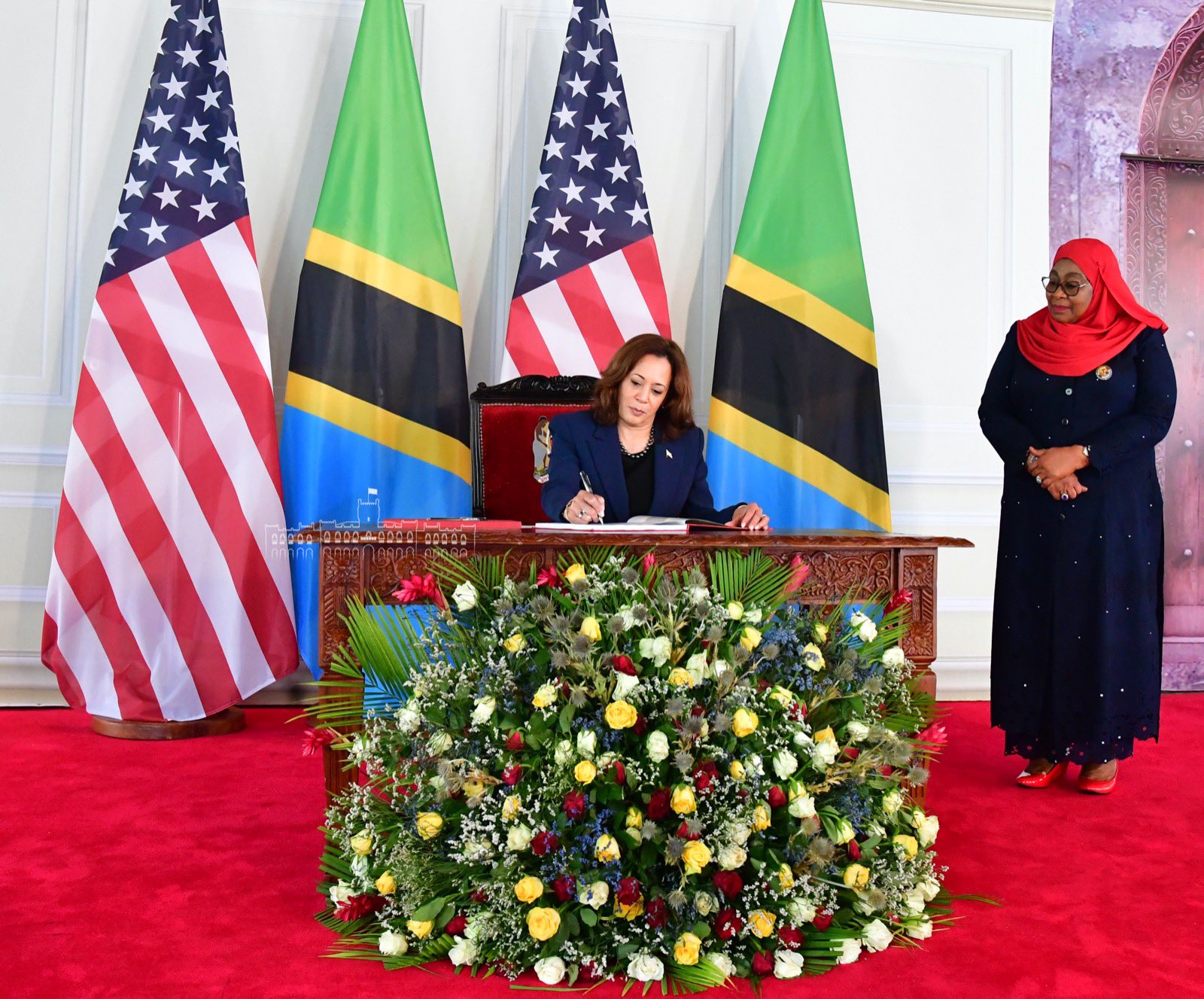
“Importantly, the raw minerals will soon be processed in Tanzania, by Tanzanians. This will help address the climate crisis, build resilient global supply chains and create new industries and jobs,” she added.
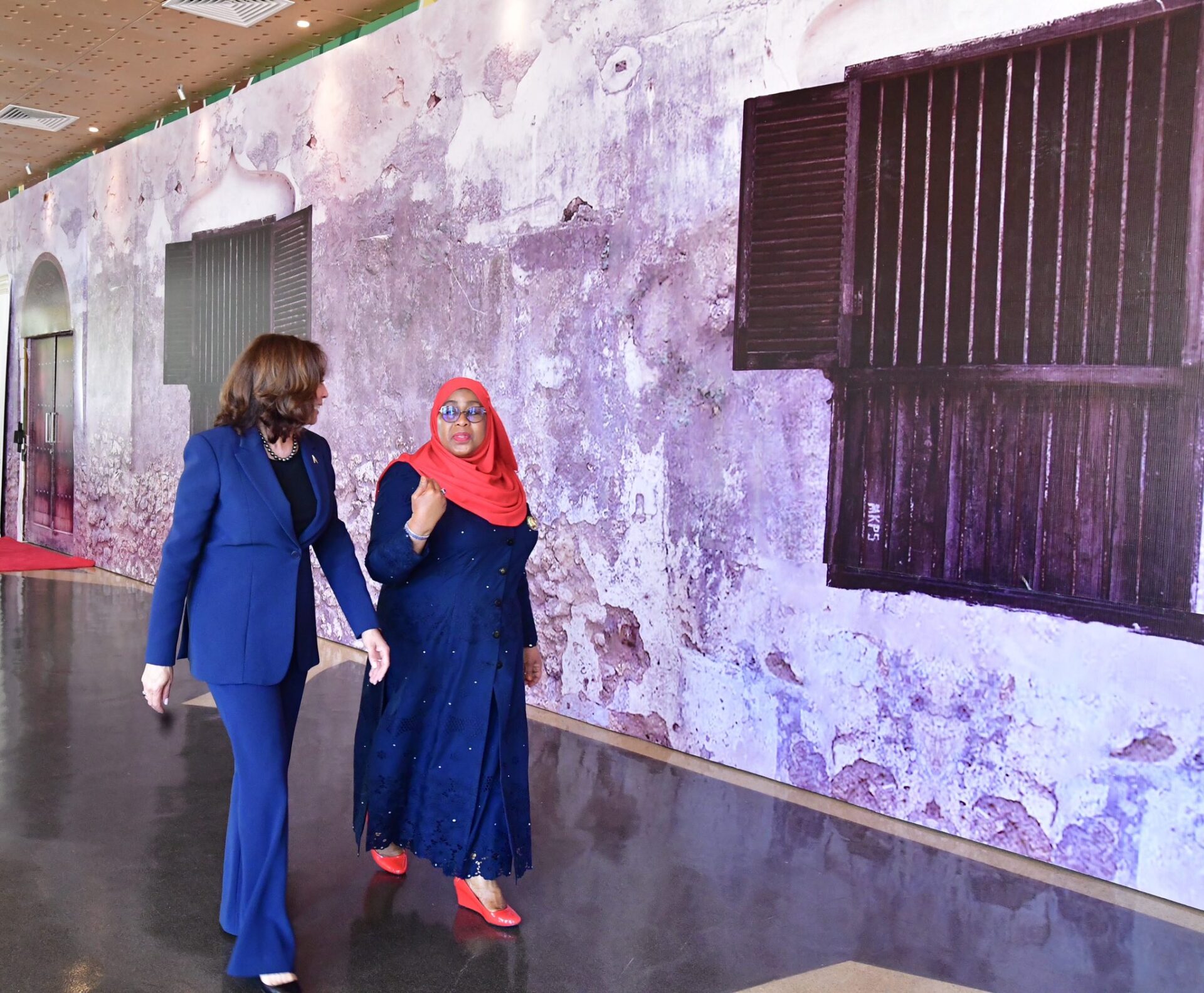
Inside Tanzania’s nickel project
The Kabanga project is located within the East African Nickel Belt, which extends 1,500km along a north-east trend from Zambia in the south-west through the Democratic Republic of Congo, Burundi, Rwanda, Tanzania and Uganda in the north-east, straddling the western boundary of the Tanzania Craton in the east and the eastern boundary of the Congo Kasai Craton in the west.
A Memorandum of Understanding (MoU) has now been signed with Tanesco, Tanzania’s national power utility, for the connection of interim and permanent power supply for construction and operational needs via a new high-voltage overhead line to Kabanga.
Discussions are also underway with Tanroads and the Tanzania Railways Corporation regarding the upgrading and improvement of existing roads to support the transport of Kabanga’s concentrate by road from Kabanga to Kahama, and by rail from Kahama to Dar es Salaam for the final metal product.
The US company says its aim is to “enable Tanzania to realise full value in-country and become the next leading source of nickel”.
It is envisaged that a nickel concentrate will be produced on site and then transported to the multi-metal mineral processing facility to produce final nickel, copper and cobalt metal, with the final nickel, copper and cobalt metal transported to Dar es Salaam and exported to markets for sale.
Officials say the project is expected to produce up to 50,000 tonnes of nickel cathodes per year, as well as smaller amounts of copper and cobalt.
Kabanga welcomed Kamala Harris’ visit to Tanzania this week as “a key development in the growing strategic relationship between the two nations and a recognition of Tanzania’s importance as a major emerging supplier of critical minerals”.
Harris’ visit to Tanzania “illustrates the level of interest and commitment now being placed on the supply of critical metals needed to power a greener US economy and generations of electric vehicles”.
“The Kabanga Nickel Project is expected to use Lifezone Metals’ low-emission technology to process the first clean nickel and other critical minerals mined in Tanzania, which, when developed, could provide battery grade product to the US and global markets. This could position Tanzania as an emerging supplier of responsibly sourced, low-carbon, low-sulphur-dioxide metals to the battery and electric vehicle markets.
Regional reach
The United States appears determined to keep a tight grip on countries producing nickel and other precious metals for its fast-growing electric vehicle market, which is forecast to grow by 22.79% (2023-2027) to reach a market volume of $139.10bn in 2027.
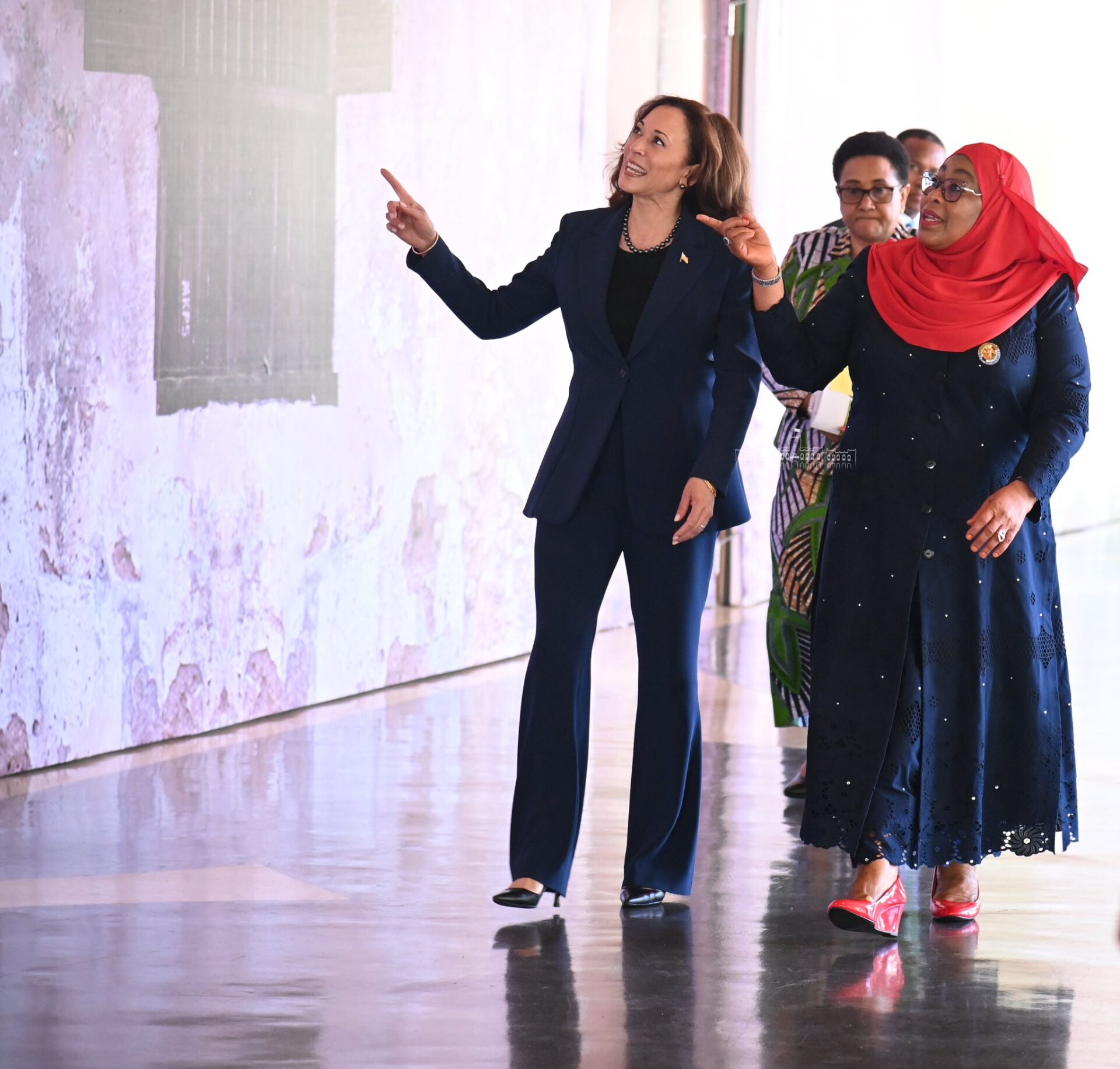
Through this MOU, the United States pledged to support the commitment of the Democratic Republic of Congo (DRC) and Zambia to jointly develop an electric vehicle battery value chain.
“The MOU supports the DRC and Zambia’s goal of building a productive supply chain from mine to assembly line, while committing to international standards to prevent, detect, and take legal action to combat corruption throughout the process,” the US State Department said.
The DRC produces more than 70 per cent of the world’s cobalt.
Zambia is the world’s sixth largest producer of copper and Africa’s second largest producer of cobalt.
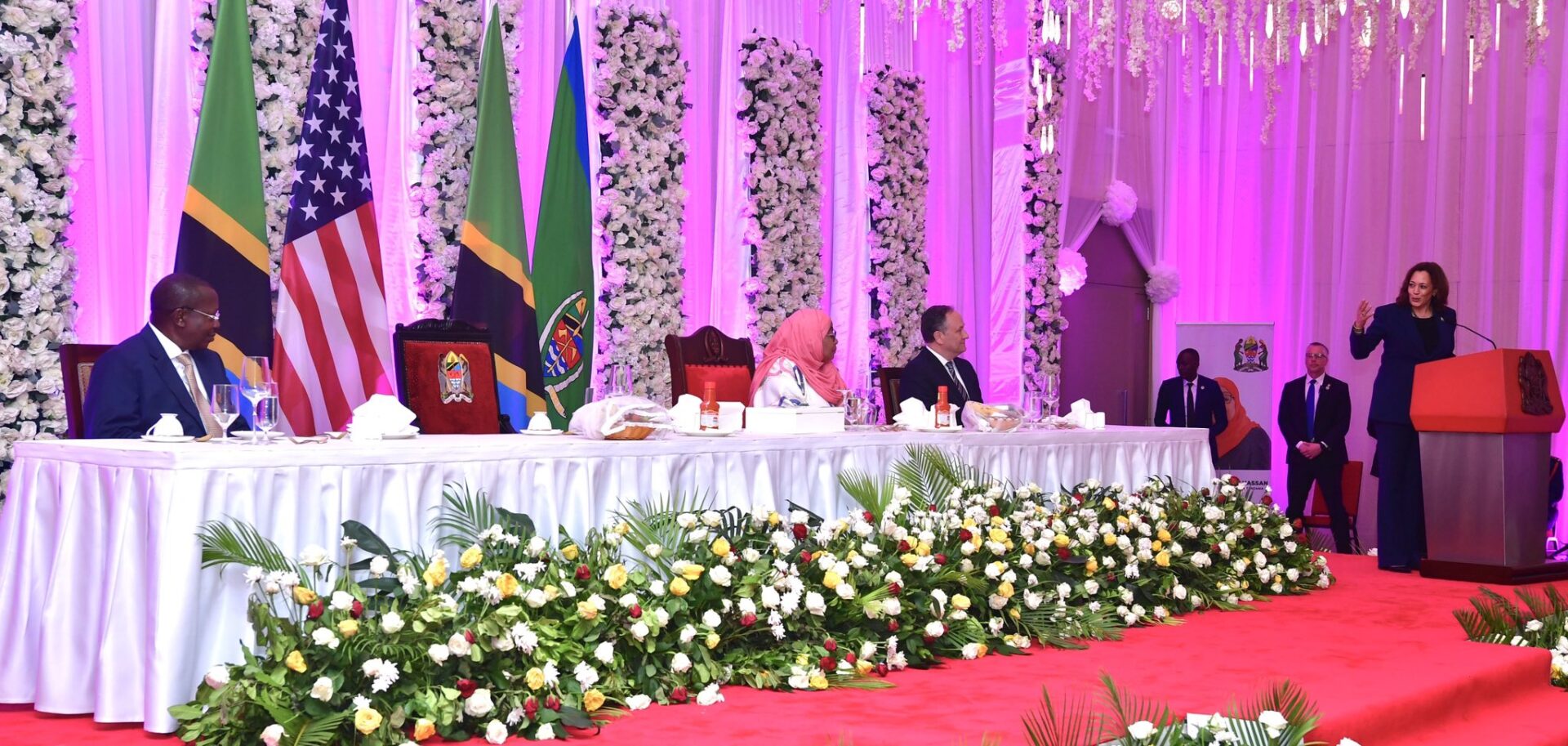
“The plan to develop an electric battery supply chain opens the door for open and transparent investment to build value-added and sustainable industries in Africa and create a just energy transition for workers and local communities,” Washington said.
Meanwhile, in Tanzania, Harris said the Export-Import Bank will sign a memorandum of understanding with Tanzania that will facilitate up to $500 million in US exports to Tanzania in the areas of transportation, infrastructure, digital technology and clean energy projects.
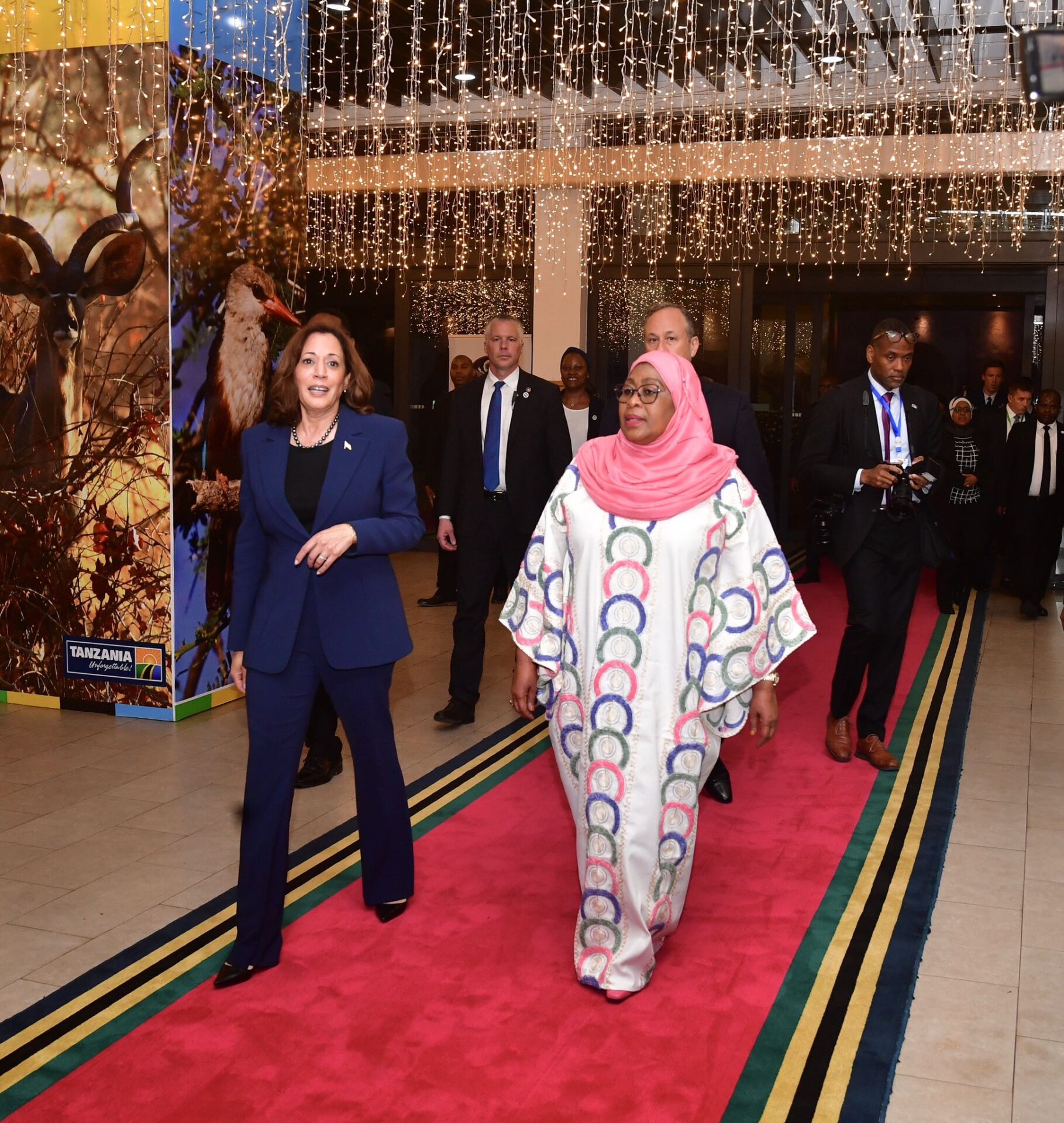
She also asked Harris for an early renewal of “AGOA because it’s only – it’s only through business – business and trade grows only through AGOA”.
The programme is due to expire in 2025.
“But the African countries – Tanzania is one of them – we’re asking for an extension of at least 10 years, so that the investors who are now investing in Tanzania, taking advantage of this market, need to be sure of the availability of the market. So if we go to 2030, that would be great for us,” President Hassan Suluhu said.
Tanzania Media
- Kanyala Ferry Launch: TEMESA’s New Service for 15,000 Sengerema Residents (Mwanza) - 18 August 2025
- Russia-Tanzania Naval Cooperation: How the Smolny Training Ship Boosts Dar es Salaam’s Maritime Security - 18 August 2025
- Tanzania’s ICGLR Commitment: Stabilising the DRC & Great Lakes Region - 18 August 2025

